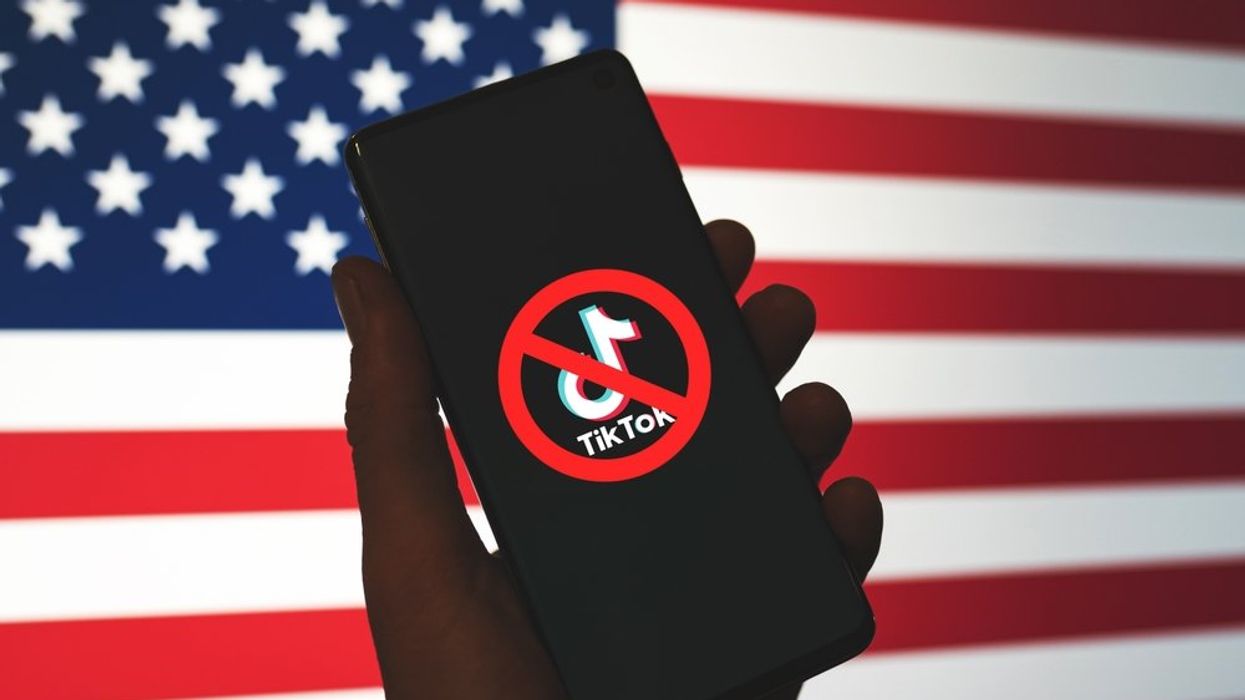TikTok has filed a lawsuit against the Montana Attorney General over legislation banning the app in the state, claiming the law is unconstitutional.
Set to go into effect January 1, Montana's law bans app stores such as the Apple App Store and Google Play Store from making TikTok available to download within the state. Stores face fines of up to $10,000 every day they violate the law, but there are no punishments for users.
TikTok filed their 62-page complaint in Montana’s federal district court, saying that the law impedes on their constitutional rights as a company, and that it unfairly singles out their app.
“Through TikTok, Plaintiff exercises its constitutionally protected editorial judgment on whether, and how, to host, disseminate, and promote third-party speech created by others, and also shares its own content with users in Montana about a variety of issues and current events,” the suit reads.
TikTok is owned by the Chinese-based company ByteDance, and has come under scrutiny by legislators recently over questions concerning its handling of user data, with the Montana law claiming the Chinese government “exercises control and oversight over ByteDance, like other Chinese corporations, and can direct the company to share user information.”
Federal lawmakers have also sought to restrict the app, but experts say that the security risk from data harvesting is no greater than that of which American-owned social media platforms engage in. The lawsuit called the accusations “nothing more than unfounded speculation."
“The TikTok Ban is based on the State’s purported concern about the security of U.S. user data vis-à-vis the Chinese government,” the lawsuit states. “But foreign affairs and national security are matters over which the U.S. Constitution vests exclusive authority in the federal government, not the States. Indeed, Congress has created a specific federal regulatory process by which the purported national security concerns that have animated this legislation may be addressed.”



















































